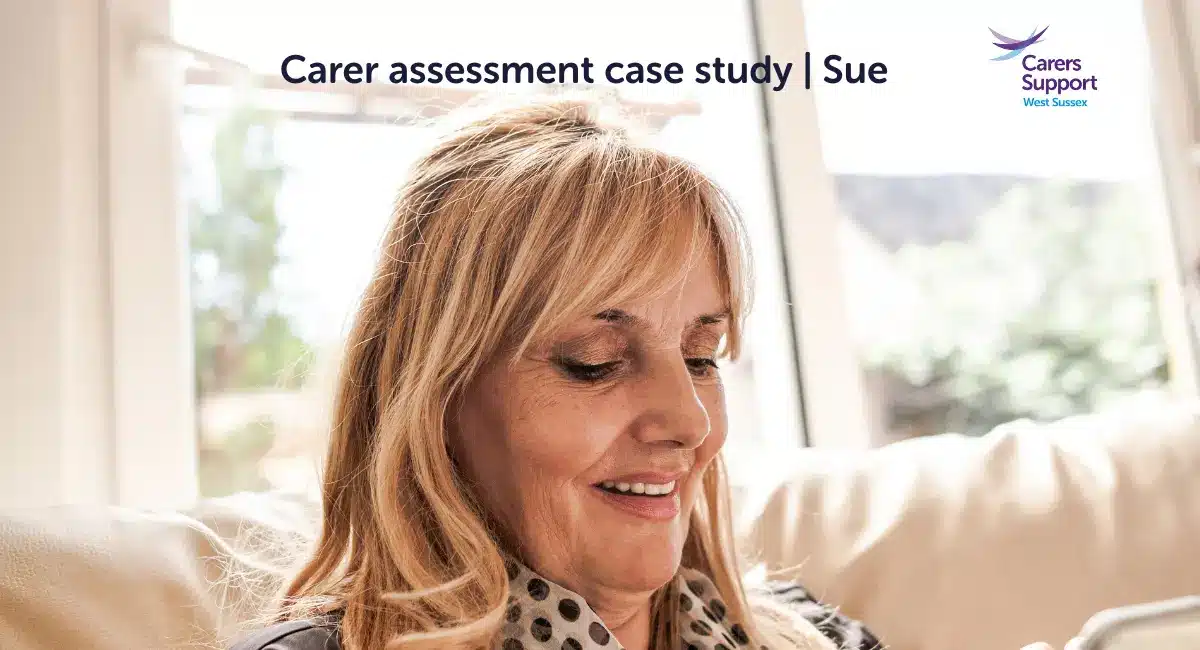We work with a plethora of carers, in all circumstances. Each case is so individual, which is why the time is taken to listen to the carer to really understand how we can help.
Caring situation
Fred, 72, and his wife, Sue are joint carers for their 37-year-old son, Paul. Paul has Autism and a learning disability. Whilst Paul has an established 15 year relationship with his PA, and attends a day centre, in which he receives 2:1 support, Paul’s needs and abilities have evolved over time. For instance, Paul is no longer able to play football, or create the artistic doodles he used to. And at times, Paul can be difficult. Despite these challenges, Fred and Sue are doing all they can to ensure Paul doesn’t have to go into care.
Carer concerns
Fred has a more social tendency than Sue and was becoming increasingly concerned about his and Paul’s wellbeing. Sue had her own ways of coping, but it just shows that everyone is different and require differing levels of support. Fred just needed a balance of some time to himself to gather his thoughts, coupled with the social interaction of meeting people in a similar situation to build a support system with those he met on walks. Paul now needs the support of two people so unless someone is there to support Sue and Paul, he cannot attend the walks.
How did carers support help
Following a discussion with a wellbeing worker at CSWS about what would give Fred the best form of help, Fred was ‘prescribed’ a Mindfulness based living 8-week course with a Day of Silent practice. CSWS introduced Fred to a local carer walk and for those times Fred could not attend, due to carer commitments, the carer equipment service supplied a laptop so Fred could attend online carer groups. Fred and Sue were awarded a one-off cost of living payment which went towards payment of bills.
Carer outcomes
Fred registered with CSWS in August 2020. Since then, he has been able to build his own support network with other local carers. Has been given the tools to attend online carer groups, so he can maintain contact and maintain his caring commitments. He has been able to share tips he has learnt along the way with Sue. And Fred has learnt the lifelong skill of mindfulness, which he can use to help with his caring role.
When asked why does carer identification and representation matter? Fred said, “There is support available, but sometimes the hardest part is recognising when you need it.” “I am sociable and like to meet new people and help where and if I can, my wife isn’t like that at all. She is more reserved and not one for joining in, but I do share any helpful tips with her, when I can.” “I think there is not much CSWS could do any better, I feel you represent carers well.”





